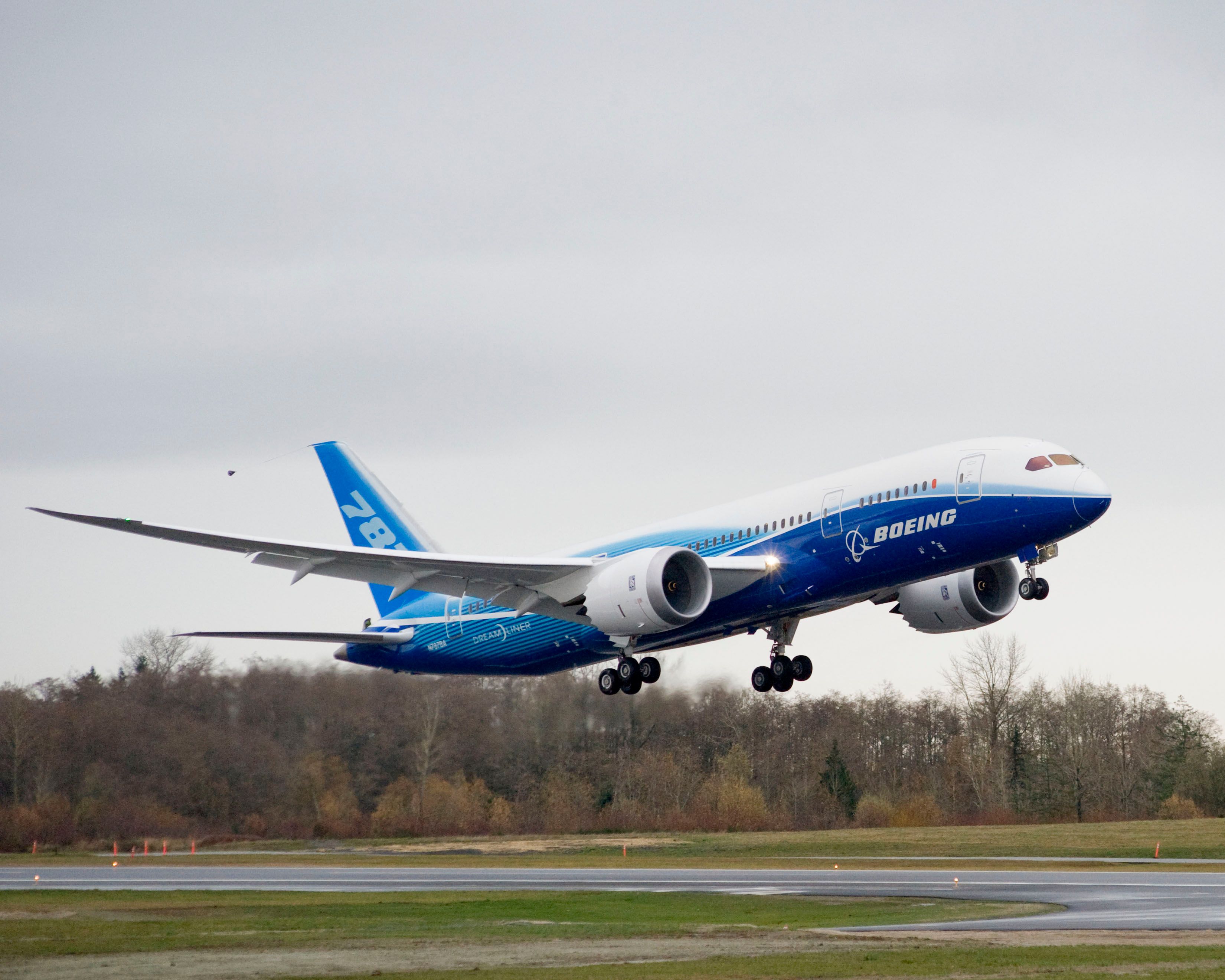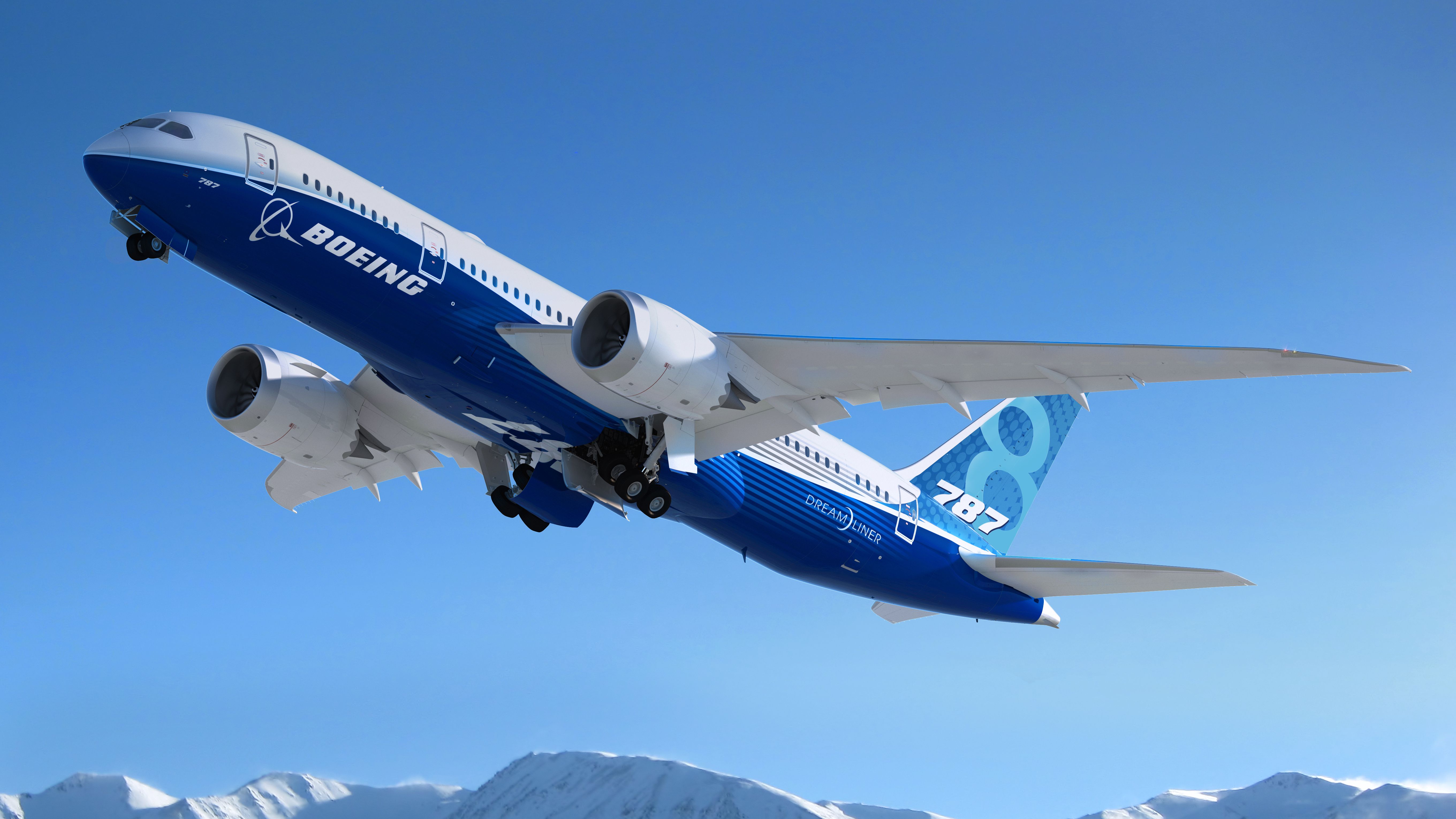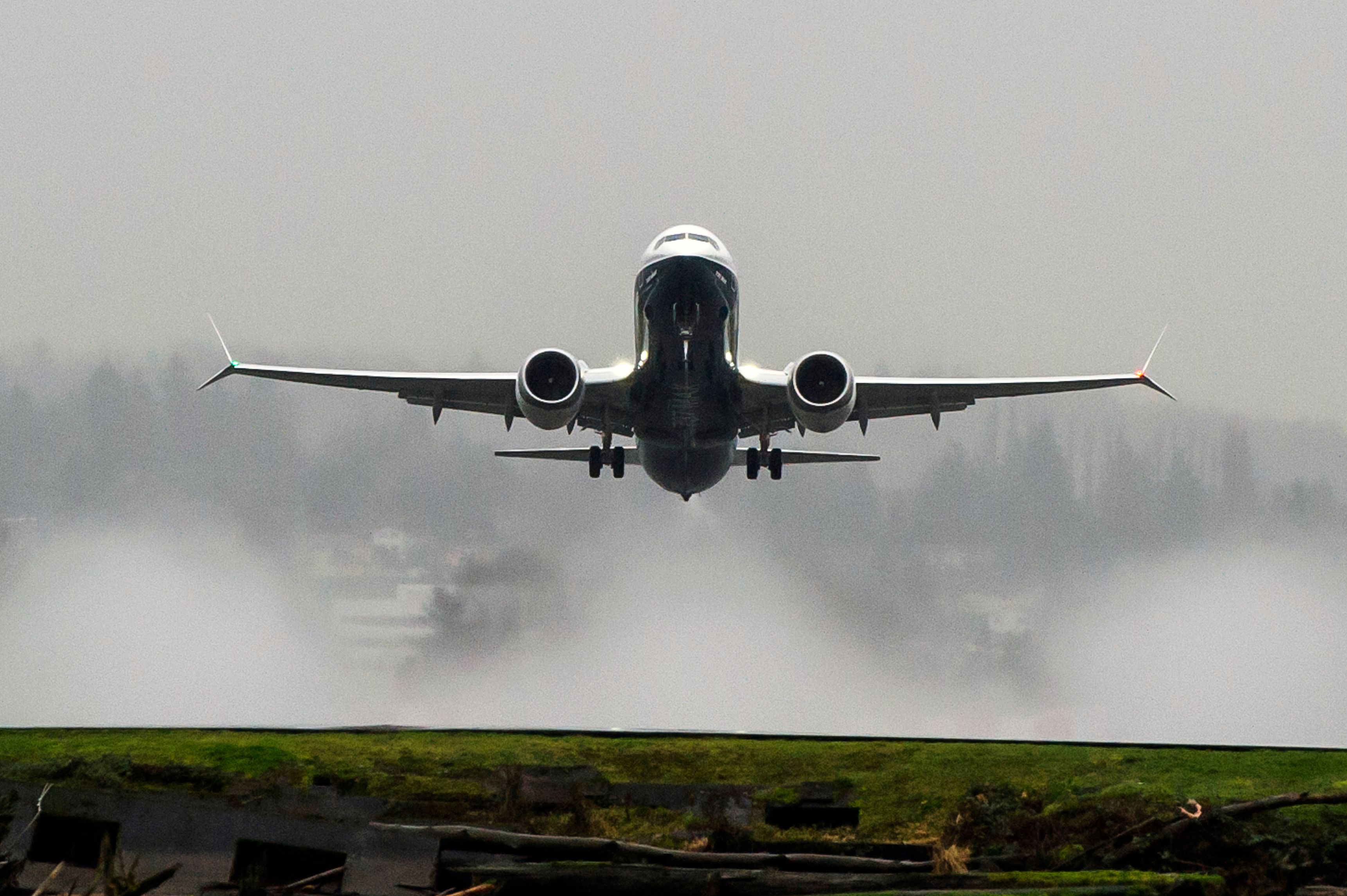On the back of yesterday’s Bernstein Strategic Decisions Conference, which saw Boeing chief David Calhoun announce that the company had no immediate intentions to develop a new commercial aircraft, Calhoun also addressed the swift rebound in demand for the manufacturer’s jets currently outweighing its current production and supply figures following its delays and hesitancy on delivery through the pandemic.
Current concerns
The industry giant has faced several production setbacks over the past few years, largely starting with the lowered (and briefly halted) manufacturing of the 737 MAX. Most recently, Boeing has placed a pause on the deliveries of its 787 Dreamliner due to quality control issues. The delay is expected to last several more months following the FAA revoking the company’s self-certification powers for the jet in May.
As the world gradually lifts itself out of lockdown, Boeing has been playing catch up to other manufacturers as it tackles its supply issues that have stayed consistent despite a sharp increase in interest, primarily out of caution following the almost complete lockdown of several key market’s aviation industries.
When questioned on the challenges it has faced compared to its main competitor, Airbus, Calhoun noted that if production remains stable and Boeing continues to deliver its aircraft, it would be able to reach delivery targets, though hopefully quicker than currently anticipated.
“Right now on deliveries, if we can stabilize and continue to move our finished goods airplanes, still over 200 of them in our possession,” he said. “If I can stabilize and continue to deliver those alongside a stable 31 rate advantage Boeing, on deliveries for the next 18 months to two years. I view that as relatively significant, and to step back with respect to appraised values and so forth.”
Discover more aviation news here.
Return of the MAX
In its 2021 Commercial Market Outlook (CMO), Boeing anticipated demand of over 43,000 aircraft across the next 20 years, an increase of 500 on 2020’s projection, valued at around $7.2 trillion. While several months away from the release of 2022’s CMO, Calhoun’s comments reflect a far more optimistic view for the manufacturer, having reportedly seen consistent interest for the MAX despite previous recertification issues.
“This thing came back faster than we imagined it would all because of vaccines. But yes, right now, it’s a relatively hot market. We are trying to protect positions for all of our customers, and specifically China because we want to continue that trade,” he said. “The one thing I was confident on day one, and I’m even more confident today is the ability of our airplanes to compete.”
Calhoun added that customer feedback for the 737 MAX has been positive, with airlines seeing the jet frequently outperform its fuel consumption spec by a significant margin, helping to build an independent niche within the industry and become a popular choice for airlines looking to slash costs and emissions.
However, certification of its highly anticipated MAX 7 and MAX 10 jets has been held back following a recent change in FAA policy which requires all jets manufactured after December 31 to possess an Engine Indicating and Crew Alerting System. The 737 is the only Boeing jet which does not meet FAA standards.
While the company is committed to meeting the targeted 2023 entry to service date, Calhoun noted that the MAX 7 is more likely to see production first, adding,
“No one foresaw the certification process extending for good reasons on both sides. But we are totally committed to it because it’s a great airplane, and it’s a safe plane. And it will be discussed on its merits every step of the way."
What are your thoughts on the setbacks Boeing has faced in its production and supply chain? Does the growth in demand look positive? Let us know in the comments.
Source: Seeking Alpha




